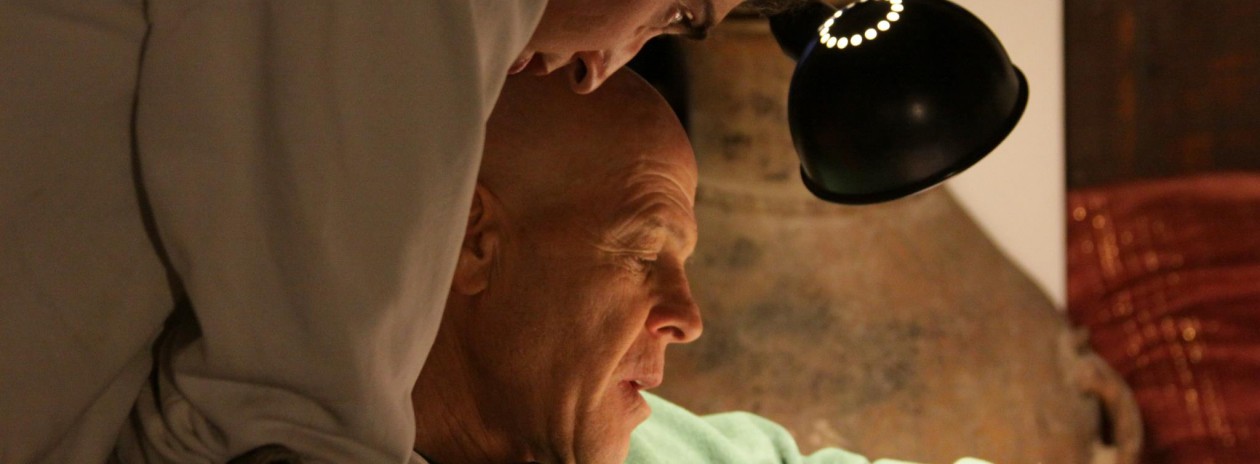Adherents to this extreme group, many of its religious opponents, and, curiously enough, secular Jews as well, see in Ultra-Orthodoxy the embodiment of “high-degree religiosity,” or, “religiosity par excellence.”
Written By Gideon Aran
The notion of being more religious, or very religious, in the eyes of the Ultra-Orthodox as well as among others, gives the former a unique and authoritative standing.
Most Orthodox Jews–of all types–accept this perception, thereby relegating themselves to a lesser religiosity, a somewhat apologetic view of their own level of observance alongside awe for that of their more religious counterparts, one that relates to the religiosity of the latter as a point of reference for which they yearn and according to which they conduct themselves.
Though criticism of the Ultra-Orthodox on a wide range of issues is not uncommon, their supremacy in the religious realm is indisputable and the admiration they receive from other Jews is undeniable. Even those labeled Modern Jews whose lives are guided by “enlightened” values are ambivalent in their feelings toward the Ultra-Orthodox.
When Modern (neo) Orthodox Jews in Israel, especially those who are regarded as maintaining a “feeble” religiosity, wish to embark on a path toward greater religious observance, they essentially are on a journey to becoming Ultra-Orthodox. This phenomenon is known as hitchazkut (strengthening).
Taken from “On Religiosity and Super-Religiosity: Measures of Radical Religion”, By Prof. Gideon Aran
